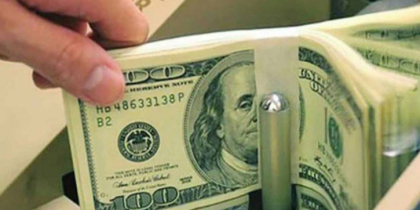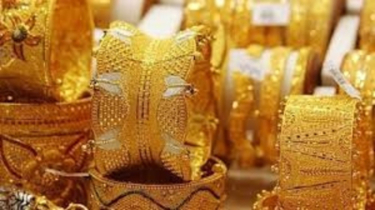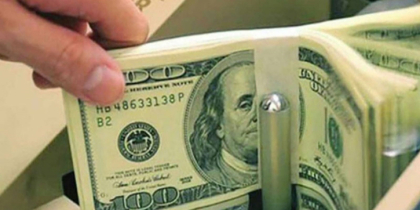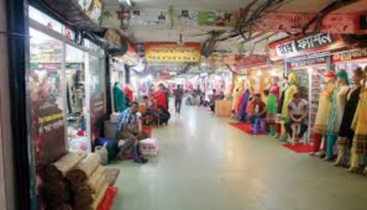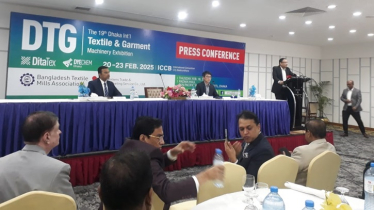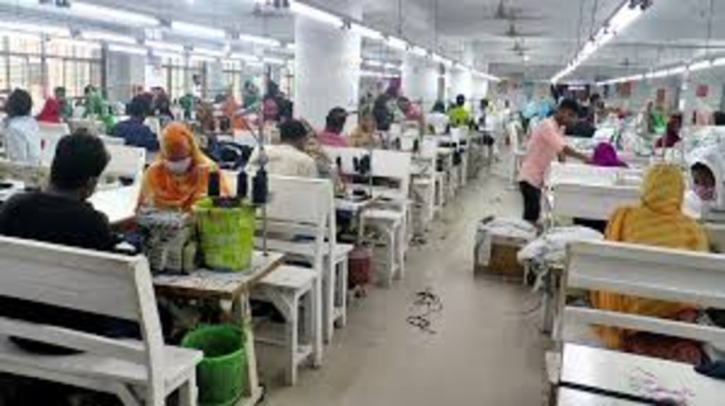
Narayanganj has over 800 export-oriented garment factories, employing more than 1.5 million workers. Most of these factories are situated in the Fatullah Industrial Zone.
According to BKMEA leaders, a minimum of Tk 50 crore’s worth of jhut (garment waste) is traded monthly in this region. Since the government’s fall on August 5, multiple groups with political backing from the BNP have become active in controlling the jhut sector in and around the Fatullah BSCIC area.
During his tenure as the president of the Narayanganj District BNP, former MP Muhammad Giasuddin helped Mashiur Rahman Roni, Advocate Alamgir, and Barishaila Jahangir gain control of the jhut sector in the BSCIC zone. After the interim government took office, Giasuddin’s allies began collecting jhut from various garment factories. This led to clashes with a rival BNP group, which had been excluded from the sector. Several violent confrontations have already taken place in BSCIC.
Following allegations of misconduct, Muhammad Giasuddin has been removed from his position as Narayanganj District BNP chief. Professor Mamun Mahmud is now the acting district BNP convener. The rival BNP group, seizing this opportunity, has joined forces with locals from Masdair, Bholaail, Shasangao, and surrounding areas to try to oust Giasuddin’s allies, Roni, Alamgir, and Jahangir. This has led to ongoing unrest in the Panchabati BSCIC, Masdair, Baraivog, and nearby areas over the past few days.
On February 18, Giasuddin’s supporters, led by Roni, Alamgir, and Jahangir, attempted to collect jhut from Fakira Garments in Baraivog. Local residents, along with the BNP’s rebel faction, protested outside the factory gate. As Roni’s group gathered, panic spread throughout the BSCIC area, prompting a call for military assistance. Army personnel arrived at the scene, preventing a major conflict.
The garment industry in Narayanganj faced a crisis during July and August, when curfews and public holidays under the former Awami League government forced factories to close, resulting in a $2 billion export loss. Since the government’s fall, criminal gangs have been vying for control of the jhut business, threatening factory owners. Extortion and warehouse takeovers have increased.
Narayanganj accounts for 47% of knitwear exports from Bangladesh and plays a crucial role in making the country the world’s second-largest garment exporter. However, political unrest, curfews, and extended holidays during July and early August disrupted this vital sector.
Locals report that monthly jhut trade in the BSCIC zone is worth crores of taka. Over the past 16 years, this trade was controlled by Awami League members. Since August 5, when Sheikh Hasina’s government fell, BNP-affiliated groups have divided into factions to seize control of the jhut trade.
On August 29, a violent incident occurred near the 2nd gate of BSCIC. Around 10-12 people were injured, including workers Riaz (18) and Rakib (18), shopkeeper Shahadat (30), Siam (27), and Shawon.
Eyewitnesses stated that supporters of Volunteer Party leader Russell Mahmud tried to collect jhut from a garment factory when followers of Fatullah Thana BNP’s deputy labor secretary Jahangir Alam blocked them. This led to an argument, escalating into a physical altercation. Armed with weapons, both groups clashed, damaging homes and shops. The BGB visited the scene at 4:00 PM.
Shopkeepers Rabiul and Abdul reported that armed attackers broke into their shops, stole cash and goods, and vandalized their properties.
Local resident Ramzan Ali said Jahangir, Siraj, Iqbal, and Borhan led the attacks, attempting to loot homes. Some residents locked their gates to prevent entry.
Volunteer Party leader Russell Mahmud claimed he and his group were attacked by Jahangir’s men, who injured several of his supporters and looted nearby shops. He plans to take legal action.
For years, former MP Shamim Osman and his followers controlled the garment sector in Narayanganj. Since the fall of the Awami League government on August 5, rival groups have resorted to violence and false accusations to establish dominance.
District Jubo Dal secretary Mashiur Rahman Roni, along with Jahangir and Siraj, has been accused of leading violent takeovers. Teenage gangs led by Anik Mirza, Raju, Jewel, Mamun, Sohail, Faisal, and Imon are also active in the area.
In the latest and largest clash in Panchabati, Roni’s group attacked Russell Mahmud’s business inside BSCIC, leading to extensive property damage.
Russell stated that despite his long-term residence and business in BSCIC, Roni’s group attacked his establishment. He also accused the group of falsely implicating him in a murder case.
Advocate Alamgir, president of Enayetnagar Union BNP, was accused of supporting jhut criminals. However, he denied these allegations, claiming that garment owners voluntarily give jhut to his group.
BKMEA President Mohammad Hatem vowed to maintain stability in the garment sector, emphasizing its critical role in the economy. He warned against further unrest and assured that law enforcement agencies were closely monitoring the situation.
TH

.png)
